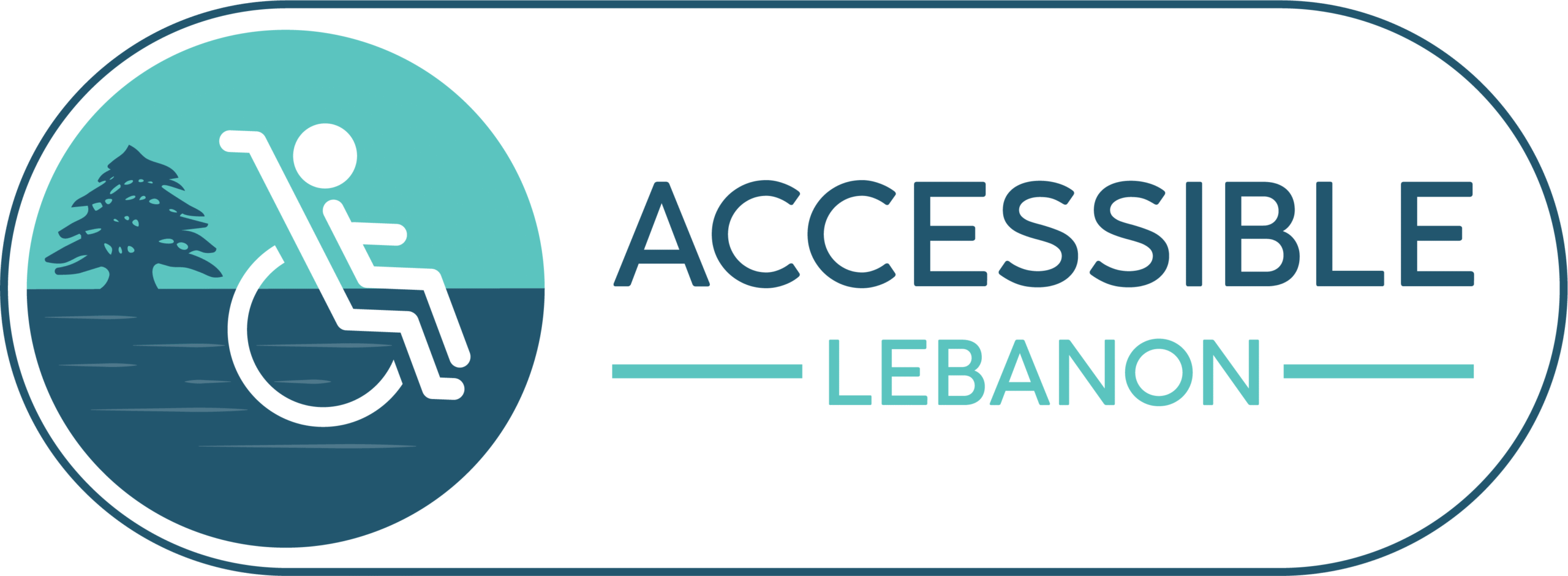
The Power of First Impressions: How to Make People Remember You
The Elevator Ride That Changed Everything
Jack stepped into the elevator, straightening his tie. It was his first day at a high-profile firm, and as fate would have it, the CEO walked in beside him. Jack had spent years preparing for this moment—his dream job, his big break. Yet, when the CEO turned to him and said, “So, what do you do here?”—Jack froze.
Jack stepped into the elevator, straightening his tie. It was his first day at a high-profile firm, and as fate would have it, the CEO walked in beside him. Jack had spent years preparing for this moment—his dream job, his big break. Yet, when the CEO turned to him and said, “So, what do you do here?”—Jack froze.
Mumbling something vague, he saw the CEO nod politely before stepping out. The moment was over. And so was the opportunity. It wasn’t until later that Jack realized something profound: success isn’t just about what you know—it’s about how people perceive you in the first few seconds.
That one elevator ride could have changed his career. Instead, it became a lesson—one that shaped the way he approached every interaction moving forward.
So, what makes some people instantly memorable, while others disappear into the background?
The answer lies in first impressions—the silent game-changer that can open (or close) doors in an instant.
1. The Psychology of First Impressions
Psychologists say we judge people within 7 seconds of meeting them. That’s less time than it takes to tie your shoelace.
It’s called “thin-slicing”—our brain’s way of making snap judgments based on micro-expressions, tone, and body language. And once we form that impression, it’s incredibly hard to change.
Jack learned this the hard way. But the good news? First impressions aren’t just instinct—they’re a skill.
A skill you can master.
2. The 3-Part Formula for a Memorable First Impression
After Jack’s elevator moment, he became obsessed with figuring out what makes people unforgettable. He studied world-class leaders, charismatic speakers, and top executives.
He discovered a simple 3-part formula that changed everything:
1. Presence: Owning the Room Before You Speak
Before you even say a word, people have already judged you.
How to Command Presence:
✅ Walk with purpose—relaxed but confident
✅ Maintain eye contact without making it awkward
✅ Keep your posture open—avoid crossing your arms or fidgeting
Take Oprah Winfrey, for example. The moment she enters a room, people feel her presence. It’s not just about confidence—it’s about energy.
She makes you feel like you matter.
2. The First 10 Words: Making Every Second Count
Jack realized his mistake in that elevator—he wasn’t prepared.
The difference between a forgettable introduction and a powerful one? The first 10 words.
✅ Bad introduction: “Uh… I work in marketing.” (forgettable)
✅ Great introduction: “I help brands tell their stories in a way that excites people.” (intriguing, engaging)
Think about it: When someone asks, “What do you do?”, do you blend in or stand out?
Quick Trick: Instead of stating your job title, explain the impact of what you do.
“I design websites” → ❌(boring)
“I create digital experiences that turn visitors into loyal customers.” ✅ (intriguing!)
People remember how you make them feel.
3. Connection: Making People Feel Seen & Heard
The real secret of memorable people?
They don’t try to be impressive—they make others feel important.
Jack noticed this when he met Sarah, a senior executive who was effortlessly likable. She wasn’t just a great speaker—she was a great listener.
✅ She asked engaging questions
✅ She leaned in, showing she was genuinely interested
✅ She made people feel valued
💡 The Golden Rule of First Impressions: Make it about them.
Instead of the usual:
“What do you do?” (predictable)
Try:
“What excites you most about your work?” (more engaging)
“What’s the most interesting project you’ve worked on?” (gets people talking!)
When people feel seen, they remember you.
3. First Impressions in Action: Real-World Scenarios
At Work & Networking Events
Jack used to fade into the background at networking events. Now, he owned the room.
How? By approaching people with curiosity. Instead of trying to impress, he focused on connecting.
✅ He asked great questions
✅ He listened instead of waiting to talk
✅He followed up—because relationships are built over time
Key takeaway: People don’t remember what you say—they remember how you made them feel.
In Job Interviews
Jack’s second biggest mistake? Thinking that his resume was enough.
What changed? He walked in prepared, knowing that body language, tone, and energy mattered just as much as his answers.
Mistakes to avoid:
- Weak or overly firm handshake
- Monotone voice (shows no enthusiasm)
- Speaking too fast (signals nervousness)
✅ What works:
- Pausing before speaking (makes you sound more confident)
- Mirroring the interviewer’s energy
- Ending with: “I’m really excited about this opportunity.” (enthusiasm is contagious!)
In Social Settings & Dating
First impressions aren’t just for business—they shape every relationship.
Want to be more likable? Use humor—it instantly makes people comfortable.
Want to be remembered? Be fully present (no checking your phone mid-conversation!).
Simple Trick: Instead of saying, “Nice to meet you”, say:
“It was really great talking with you. Let’s keep in touch!” (feels more personal!)
4. How to Recover from a Bad First Impression
Jack didn’t always get it right. But he learned that first impressions aren’t permanent.
The “Honest Acknowledgment” Trick
If you feel like you made a bad impression, don’t panic. Instead, own it:
“I realized I came across a bit rushed earlier—I’d love to properly introduce myself.”
Honesty builds trust.
And remember: Your actions over time shape how people see you.
Final Thoughts: The Secret to Making People Remember You
✅ Stand with confidence—your body language speaks louder than words
✅ Speak with clarity— your tone can make or break perceptions
✅ Listen with intent—because the best way to be remembered is to make others feel seen
✅ Be genuine—authenticity is magnetic
Challenge: Try these small shifts today. Watch how differently people respond. In the end, success isn’t just about what you know—it’s about how you connect.
People don’t remember what you say as much as how you make them feel.
